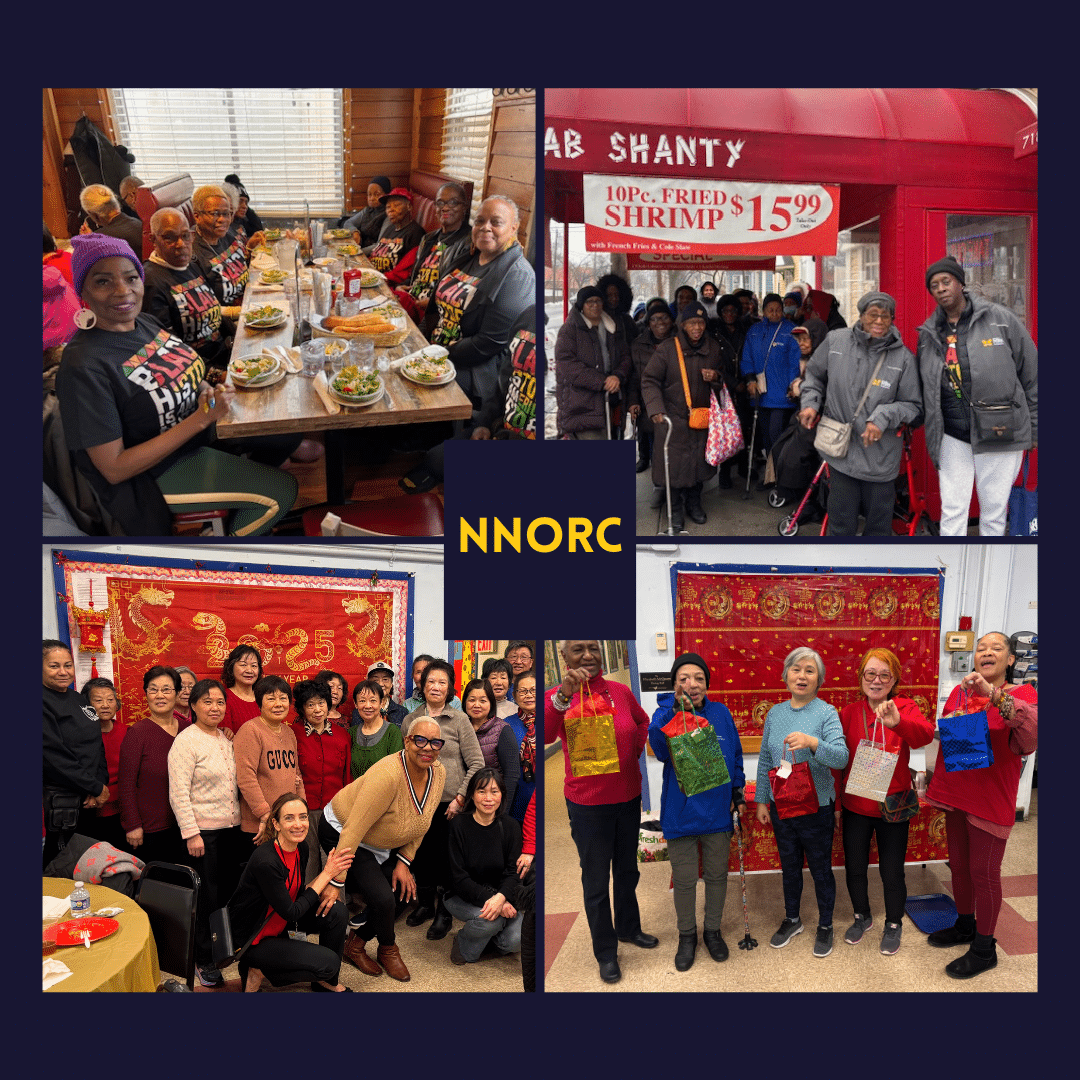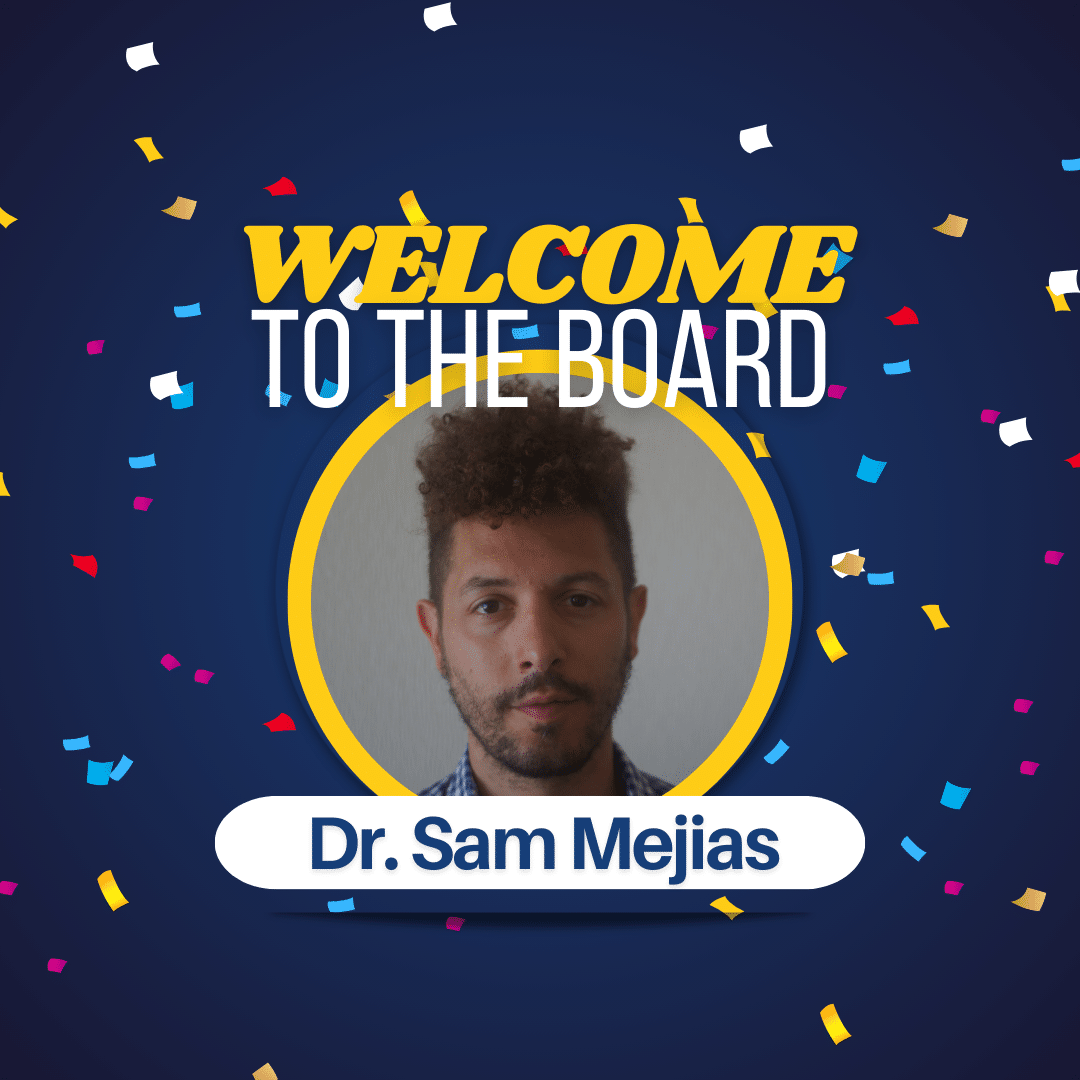On December 11, 2015, Jacob A. Riis Neighborhood Settlement was featured in a New York Times article titled “Mobilizing Voters in New York’s Housing Projects”, written by noted critic and columnist, Ginia Bellafante. The article highlighted the efficacy behind voter mobilization efforts and focused specifically on the Jacob A. Riis Neighborhood Settlement Community Votes initiative, which was spearheaded by Louisa Hackett, founder of Community Votes – an organization dedicated to helping New York City’s nonprofit sector strengthen democracy through non-partisan voter mobilization. As noted in the article, Riis Settlement and Ms. Hackett have significantly increased voter turnout in the community, as demonstrated by the high turnout during the midterm elections in 2014 when “voters in Brooklyn, the Bronx and Queens, reached through Ms. Hackett’s initiative, turned out at a considerably higher rate than registered voters in the Bronx and Queens generally, 35 percent compared with 22 percent”.
Since first implementing the initiative in 2013, Riis has relied on many methods to spread the word on the importance of voting. We commissioned our senior residents, like Ms. Maude Askin to have conversations with our youth – many of whom feel disconnected from the voting process – and import on them the historical significance of having the right to vote. When participants came to Riis Settlement for service, we asked them if they would like to “make voting pledges, addressing cards to themselves that were mailed right before Election Day reminding them to go to the polls”. As the article notes, that human connection proved to be the most effective tool in boosting both voter registration and voter turn-out.
When asked as to why voter turn-out has been historically low in low-income neighborhoods like Queensbridge, Riis Settlement Executive Director Christopher Hanway opined that community members have no faith in the electoral system and feel that their vote holds no power. Using the election of Jimmy Van Bramer to City Council and his subsequent support of the NYCHA community, Mr. Hanway was able to discount that myth. The fact is we do have power, and each and every single one of us asserts that power when we cast a vote. Taken collectively, that power grows exponentially, and it does not go unnoticed by elected officials.
If we want to improve the quality of life in our community and effect change, we must use the resources that we have to capture the attention of city government. The right to vote may be the greatest resource of them all. Therefore, we encourage all of our community members to register to vote and make a pledge to vote for the candidates who will address the needs of our community.
Next time a vote comes up, don’t think twice, just vote!


